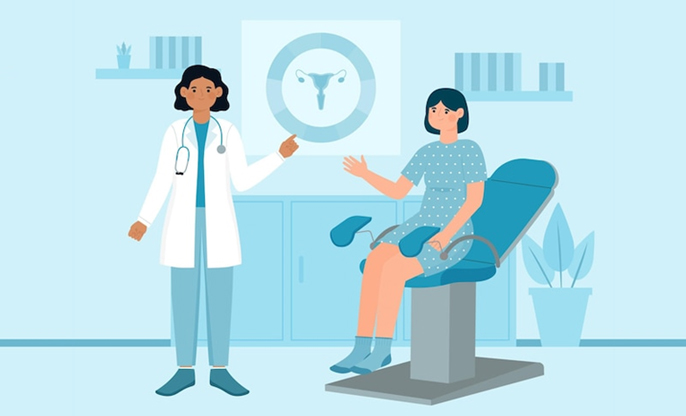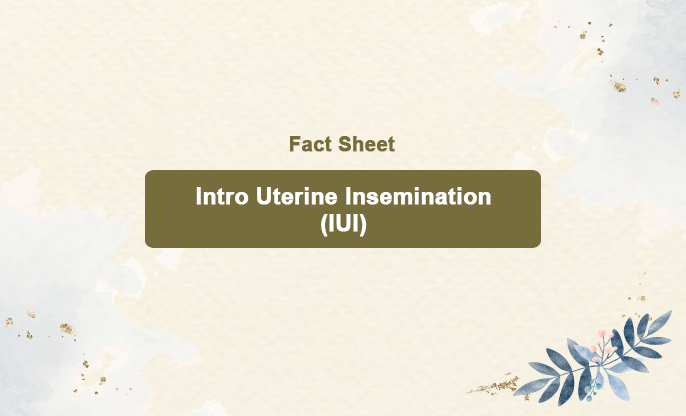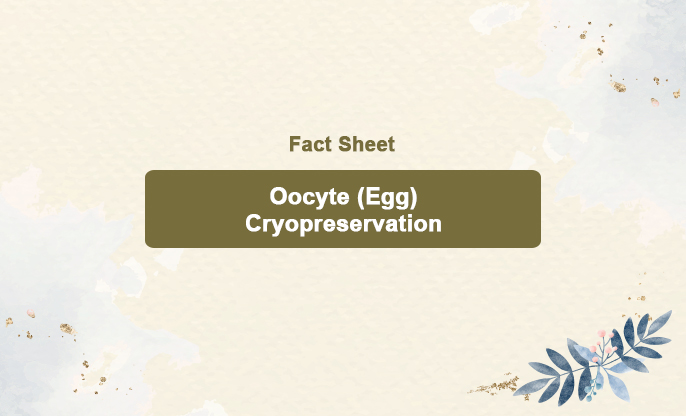
Unveiling Causes, Seeking Help, and Exploring Treatment Options
Facing infertility can feel like navigating an emotional
labyrinth for couples eager to start a family. The journey to understanding why
you're struggling to conceive, knowing when to seek guidance, and exploring
your treatment options is deeply personal and can be fraught with anxiety and
hope. Here, we'll walk through the aspects of infertility, from the causes and
signs that it's time to consult a specialist, to the treatment avenues you
might consider, including cutting-edge technologies like In Vitro Fertilization
(IVF).
Infertility often means not being able to get pregnant after a year of trying, or six months if you're over 35. It's an issue that affects both partners and stems from many possible causes.
Reasons you might
be having trouble include:
● Ovulatory Disorders:
Conditions like polycystic ovary syndrome (PCOS), thyroid problems, or early
ovarian failure could be at play.
● Tubal and Uterine Issues:
Sometimes paths to conception are physically blocked, such as with scarred
fallopian tubes from infections or conditions like endometriosis, or through
structural challenges like fibroids.
● Male Factors: Fertility is not
solely a woman's concern. Low sperm count, poor movement, or abnormal shapes
can hinder the journey toward conception.
● Unexplained Infertility: Occasionally, there's no clear diagnosis despite comprehensive evaluations.
When to seek
help?
If you haven't conceived after a year of trying, or six months if over 35, or if you have risk factors like irregular cycles or a history of reproductive challenges, it's time to talk to a specialist.
What treatments
are available?
● Medication can stimulate
ovulation.
● Surgical Interventions might
correct physical impediments, such as opening blocked tubes or removing
fibroids.
● Assisted Reproductive Technologies (ART) like
IUI, where sperm is inserted directly into your uterus during ovulation, or
IVF, where eggs and sperm are combined in a lab and the resulting embryos are
placed in your uterus. These might be combined with genetic testing to ensure
embryo health.
● Lifestyle Adjustments such as
managing weight or quitting smoking can also boost your fertility.
● Supportive Counseling: Journeying through infertility can be emotionally taxing. Finding support through counseling or in groups can be incredibly beneficial.
Infertility is complex but increasingly treatable. With the right guidance and a clear understanding of the available treatments, many couples see their dreams of parenthood become a reality. Each step, each choice brings you closer to holding your future. Connect with a fertility specialist to tailor a path that suits your personal health needs and your deepest hopes.

















